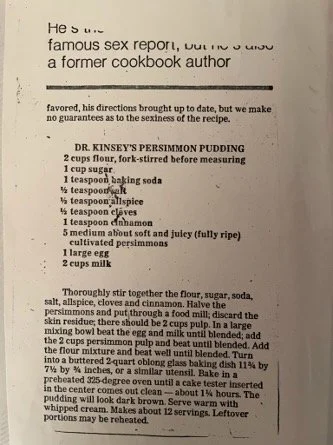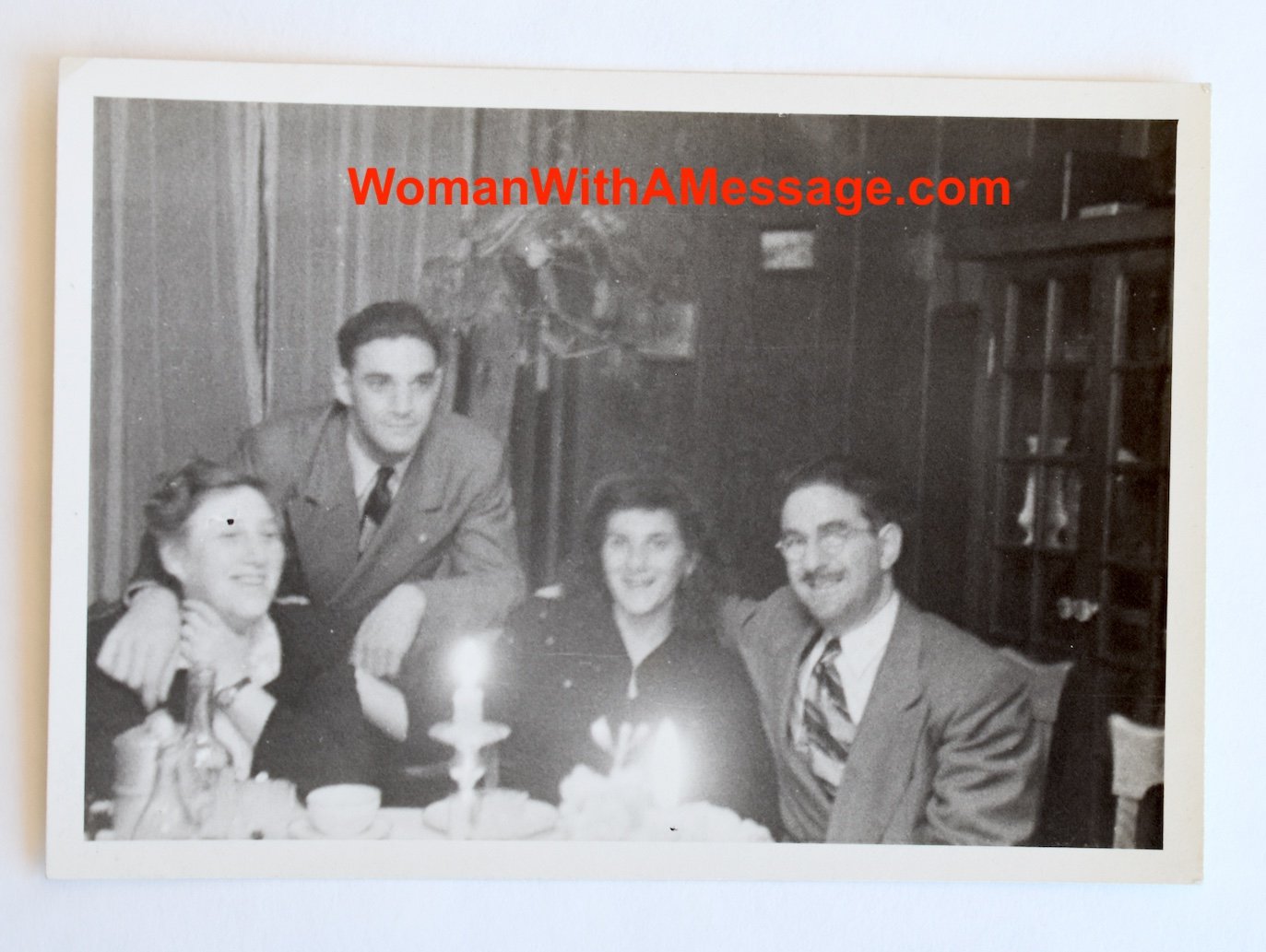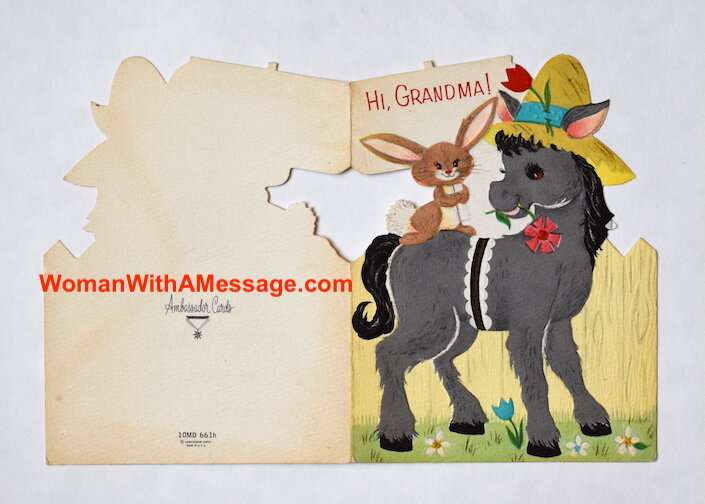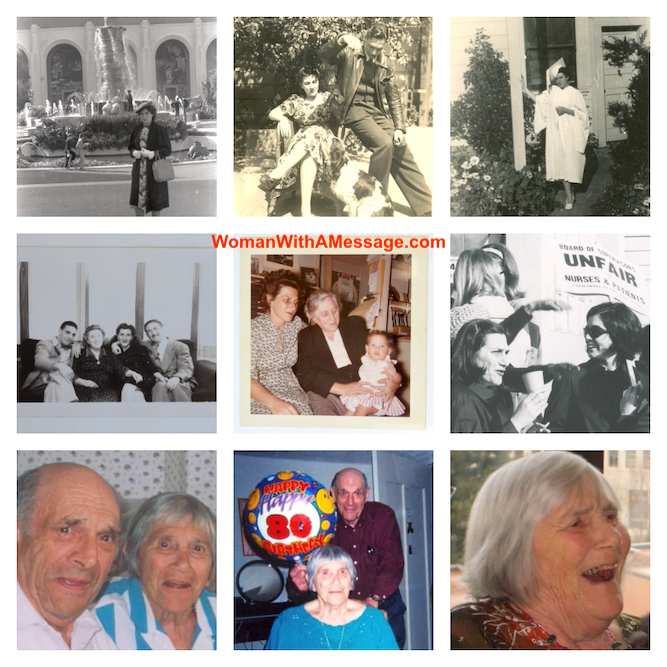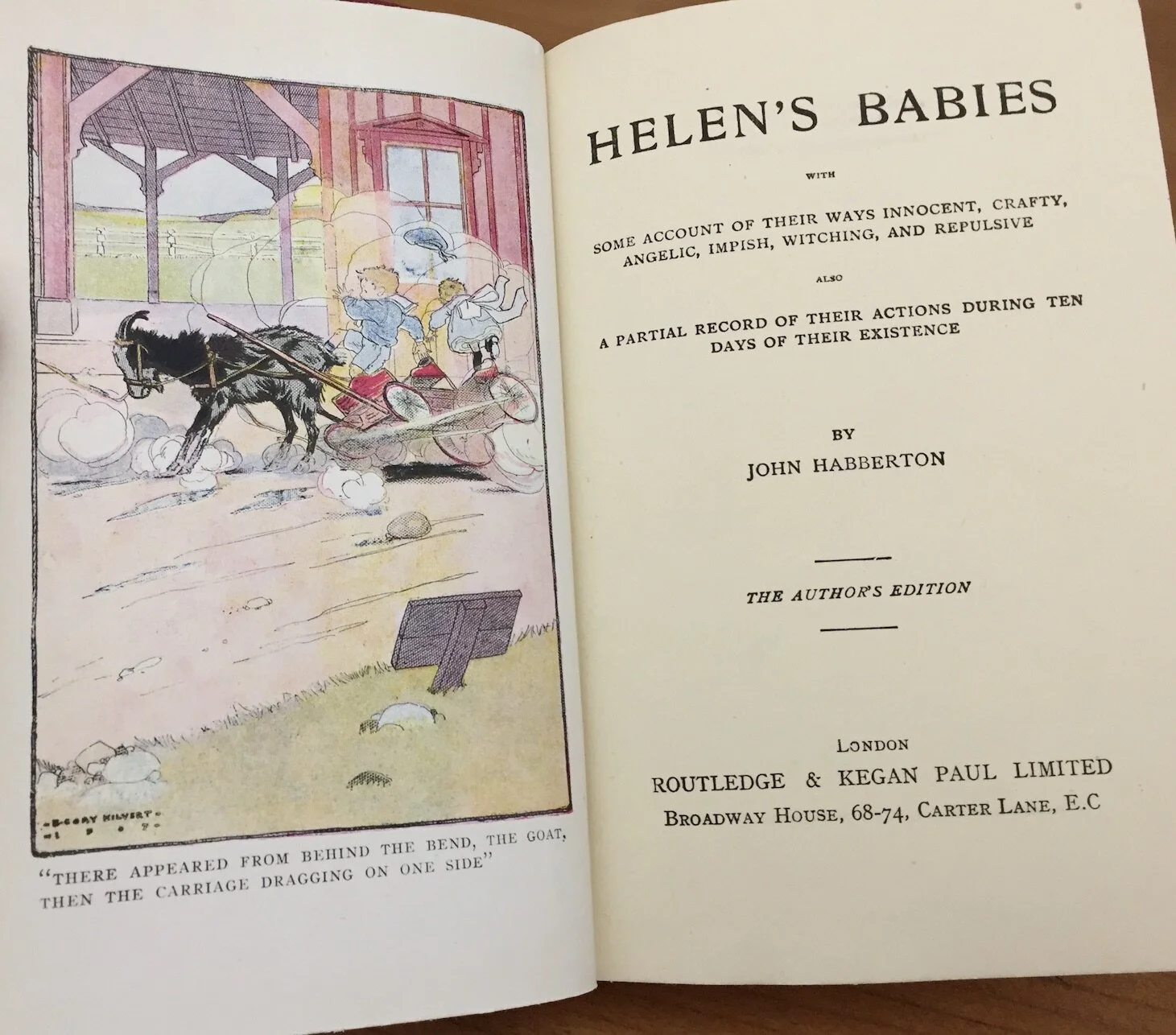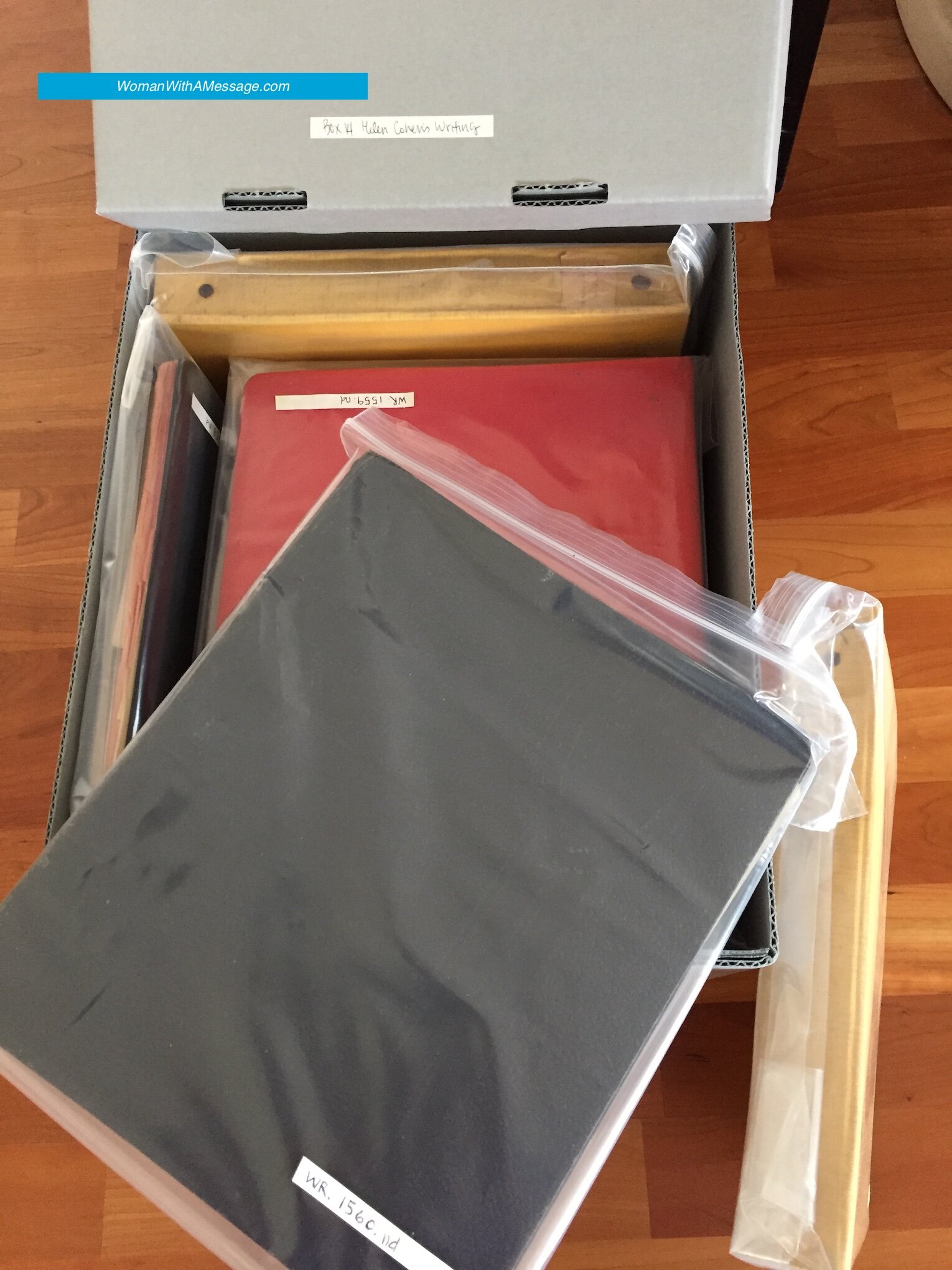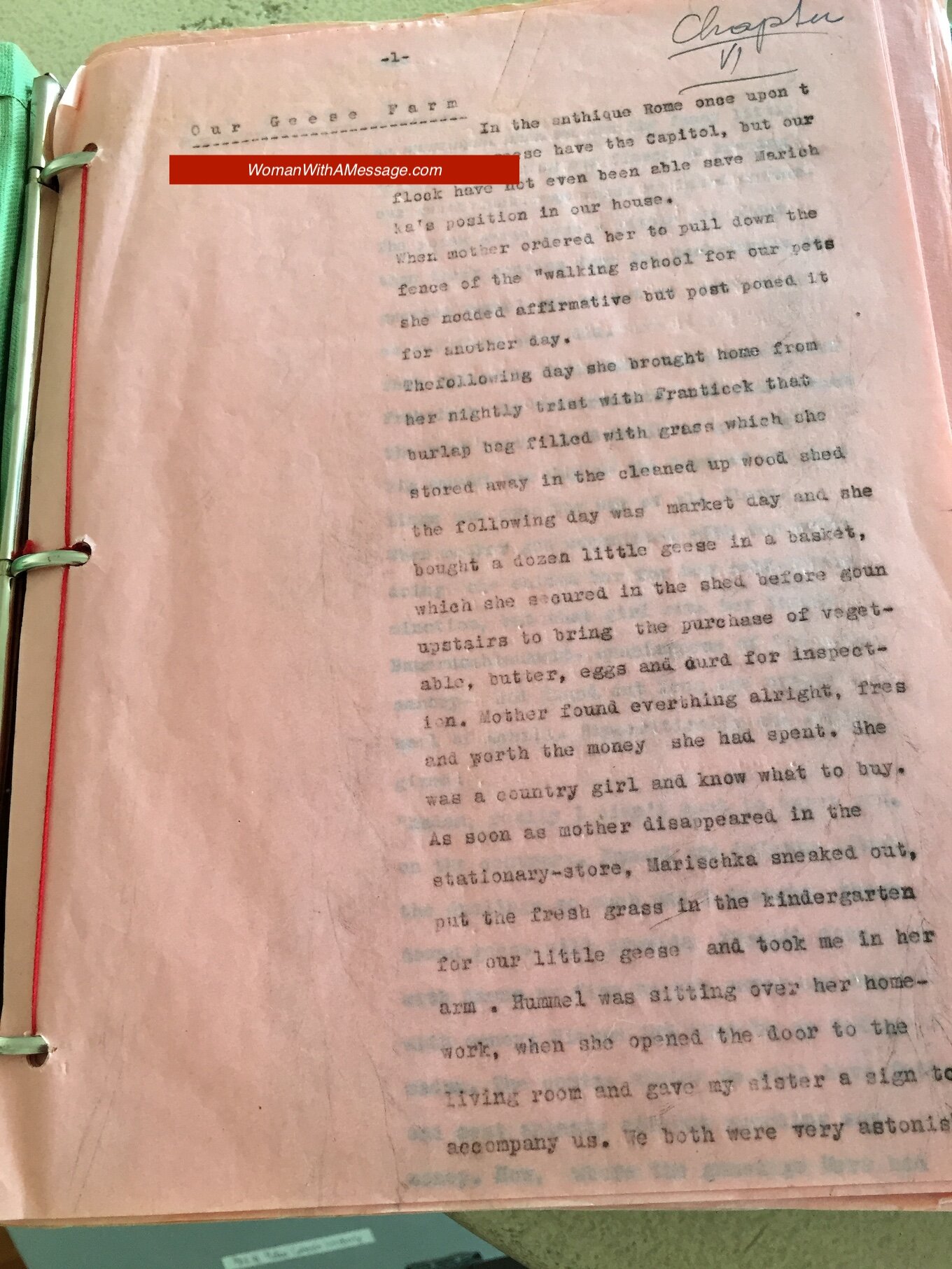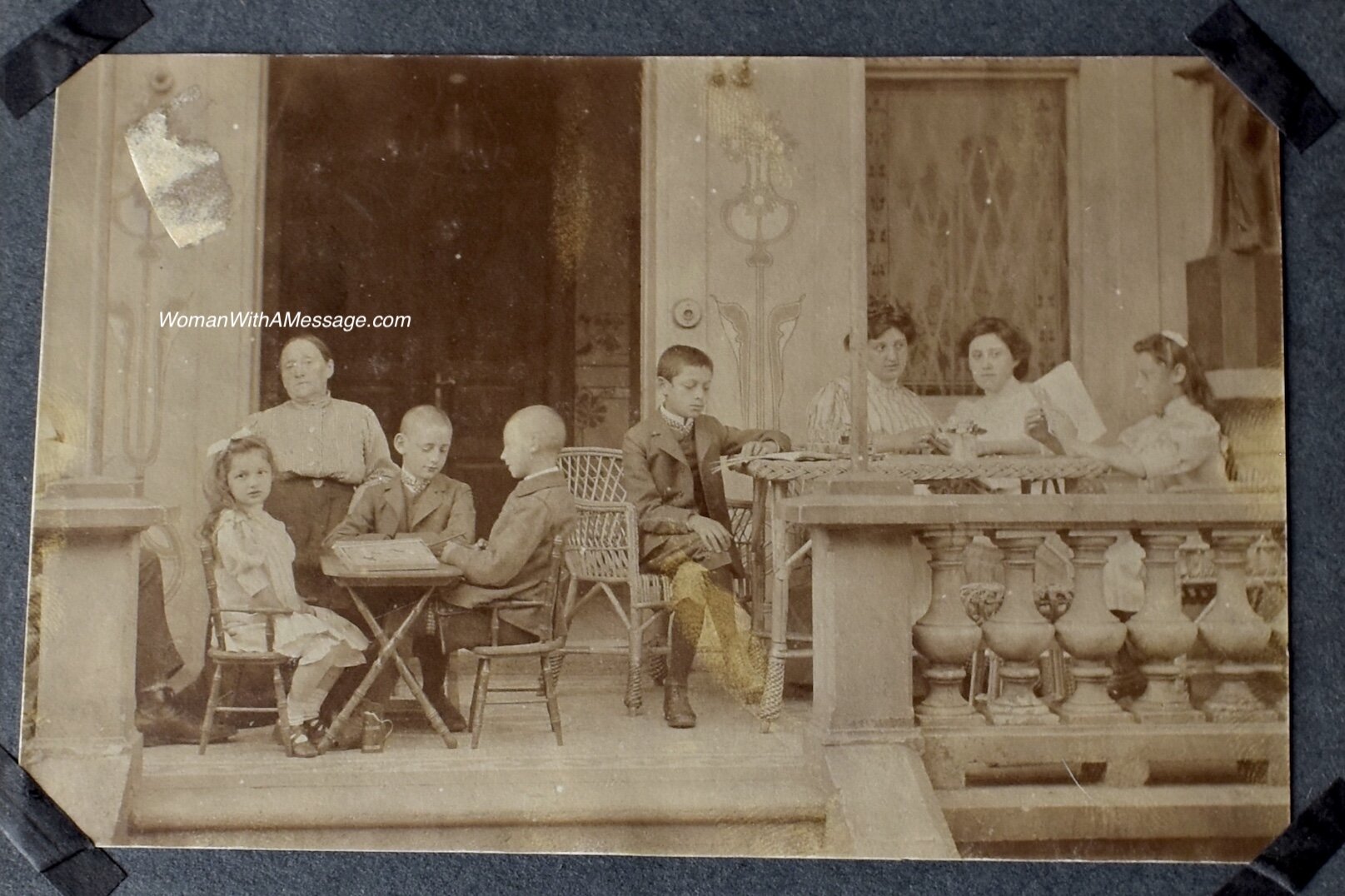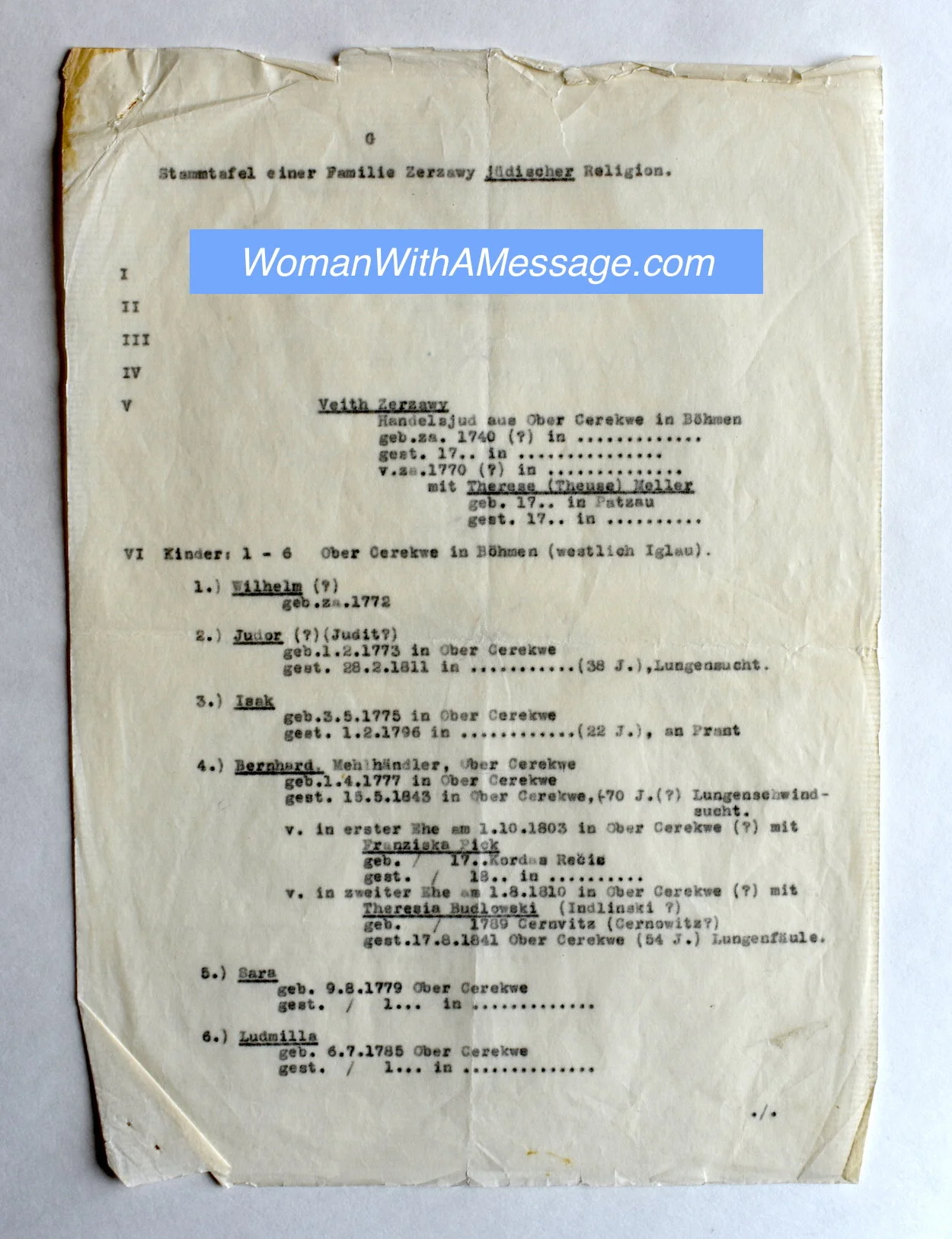As I mentioned in my last post, in 1979, my mother flew to France to join me at the end of my junior year abroad in Montpellier, France. She had not been to Europe since she and her brother had been forced to flee Vienna 40 years earlier.
While in Paris walking around Montmartre, my mother paid a sketch artist to make a charcoal portrait of me. I never felt that the portrait looked much like me, but my mother was happy with the likeness. Perhaps I just didn’t like the way I looked! She was inspired to have the drawing made thanks to a pastel portrait she had of her own mother which had been done in the 1930s in Vienna. My mother and her brother brought the portrait them when they came to the U.S. in 1939.
Upon arriving back home in San Francisco, my mother framed the sketch and hung it on her bedroom wall, accompanying the one of her mother which already hung there. Although I didn’t like my own portrait, I thought the artist captured my grandmother’s likeness well.
I don’t recall seeing my grandmother’s portrait before 1979, but perhaps it was hanging in our home throughout my childhood.
When my mother moved to the condo I live in now, her mother’s portrait hung prominently in the dining room. I loved seeing her each time I visited, looking out on her family. After my mother’s death, I stored the portrait safely in a closet.
In 2017, when I began going through my family papers, I brought out the portrait again to add it to the digital archive I was making. I then hung it up in our hallway. Looking at a newly digitized photo of my mother’s 16th birthday party from May 1937, I could see clearly something I had not noticed on the small original 2-1/2x3inch photo – my grandmother’s portrait was hanging on the wall in their dining room! I loved that my grandmother was now looking at me every time I walked down the hallway, just as her image had looked on she and her family in their home in Vienna.
Recently, I wondered whether my grandmother’s nephew Robert Zerzawy had made the portrait – he had been an accomplished artist. I was going to ask Sherlock Cohn (a woman who helps identify people and places in old photos) to compare the drawing to others I know he had made. Before doing that, however, it occurred to me to take the portrait (gingerly) out of the frame and see whether it was signed. Indeed it was! As so often has happened on this journey, I discovered that the story I told myself about the object was not true. The portrait was signed and dated by Wilhelm Wachtel in 1937 – so the portrait was quite new when my mother celebrated her birthday. My grandmother’s 50th birthday was in November 1936. Perhaps the portrait was made in honor of that milestone.
There is not much information available on Wilhelm Wachtel. It appears that he was born in Poland in 1875 and died in the US in 1952. He seems to have been prolific and fairly well-known when he was alive. If you do an internet search, you can see many examples of his work.
What an amazing artifact that gets richer each time I look at it!
